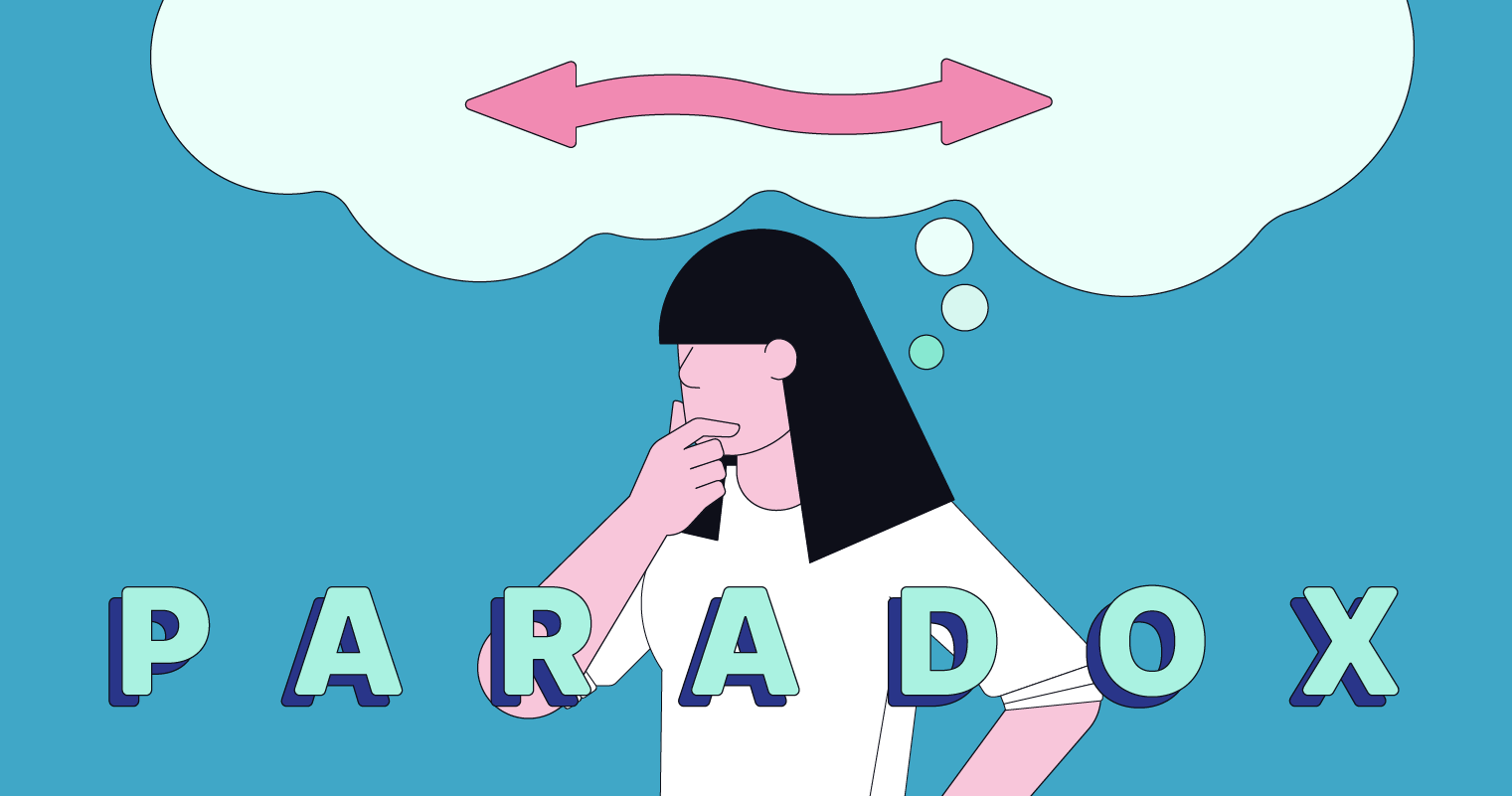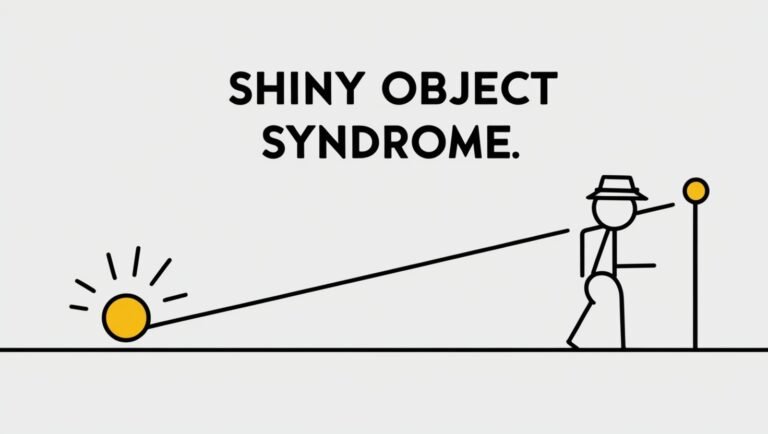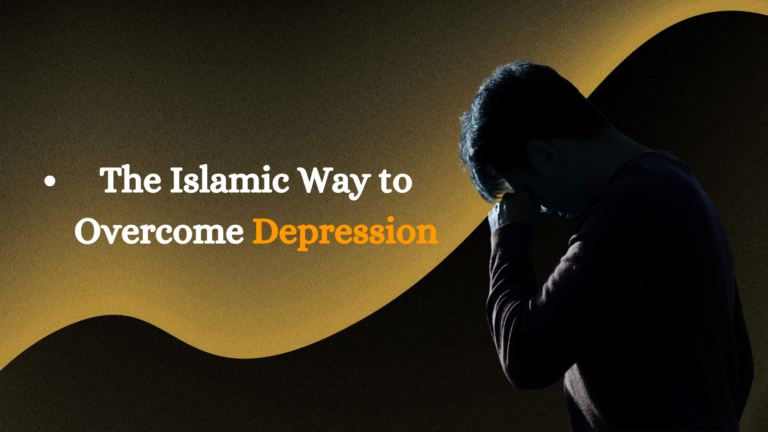Ever found yourself stuck in a situation where no matter what you choose, you seem to end up in a logical loop? That’s the essence of a paradox. It’s a statement or group of statements that seems to be true but leads to a contradiction.
Let’s start with a simple example:
Imagine your friend asks you a question that can only be answered with a “yes” or a “no”: “Have you stopped stealing?” If you say “yes,” it implies you used to steal. But if you say “no,” it means you’re still stealing. Either way, you’re caught in a logical trap.
Why do paradoxes happen?
Paradoxes often arise when we try to apply logical rules to situations that are inherently illogical or self-referential. Let’s explore a few famous paradoxes:
- The Liar Paradox: If someone says “I am always lying,” are they telling the truth or a lie?
- The Grandfather Paradox: If you traveled back in time and killed your grandfather before your father was born, how could you exist?
- The Ship of Theseus Paradox: If you replace all the parts of a ship over time, is it still the same ship?
More mind-bending paradoxes:
- The Barber Paradox: In a village, there’s a barber who shaves all the people who don’t shave themselves. Does the barber shave himself?
- The Egg and the Chicken Paradox: Which came first, the egg or the chicken?
Why do paradoxes matter?
Paradoxes have fascinated philosophers and logicians for centuries. They challenge our understanding of language, logic, and reality. While they might seem like mere intellectual puzzles, paradoxes have also been used to explore deep philosophical questions about existence, knowledge, and the nature of truth.
So, what’s the point of all this?
Paradoxes remind us that our world is not always as straightforward as we might think. They can be a lot of fun to ponder, but they also serve as a reminder that sometimes, the most logical answer isn’t always the correct one.
Want to explore more mind-bending paradoxes? Let us know in the comments!




